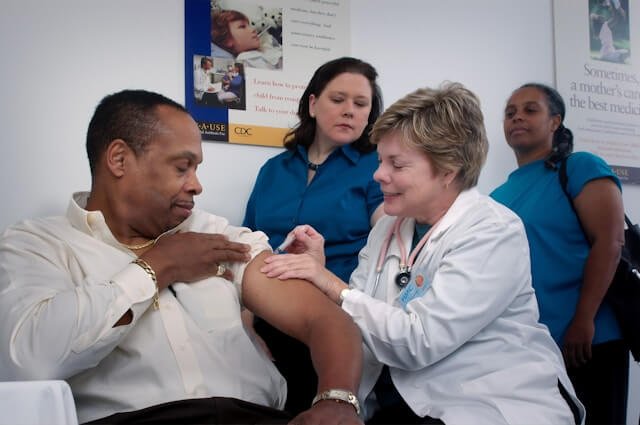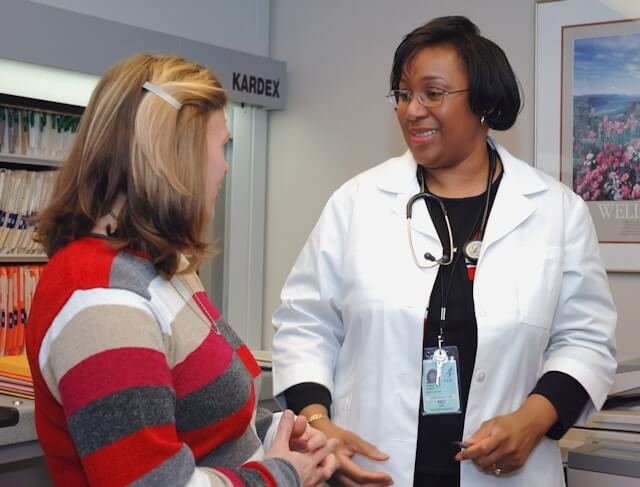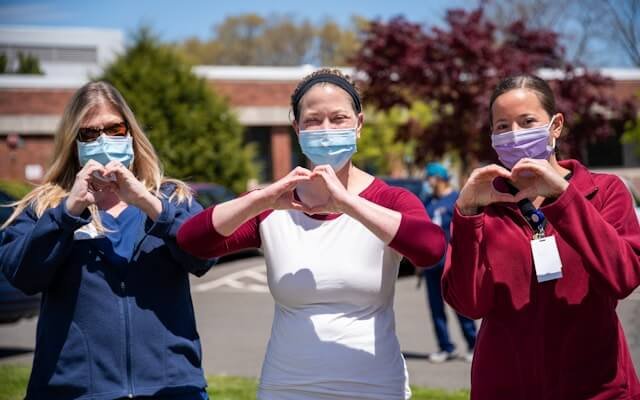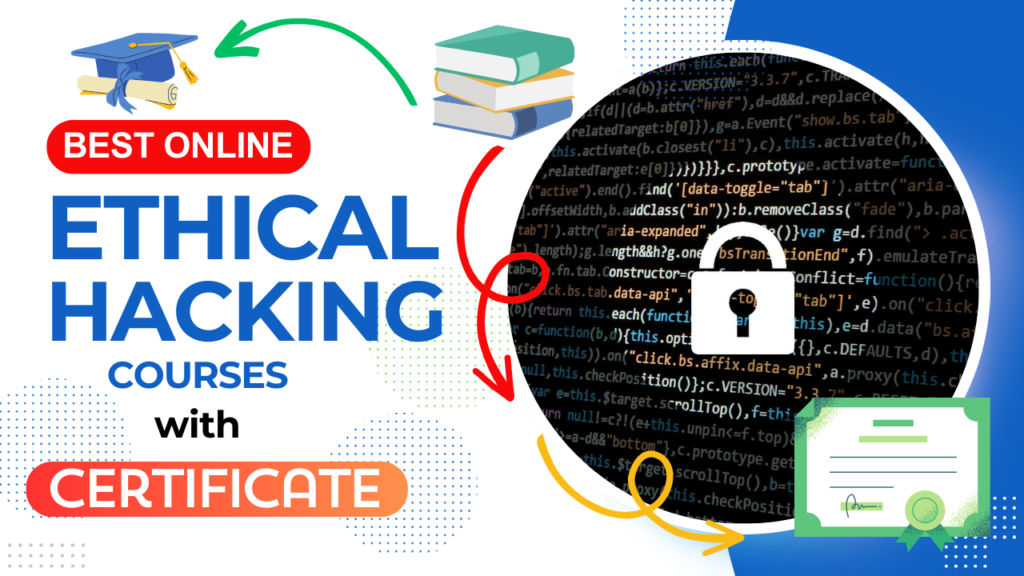Working as a healthcare assistant isn’t just about following orders—it’s about being someone’s lifeline during their most vulnerable moments. I’ve seen firsthand how the right core nursing skills can transform a patient’s experience from frightening to comforting.
The healthcare field is currently experiencing significant growth. Hospitals, nursing homes, and clinics are desperately searching for qualified healthcare assistants who actually know what they’re doing. But here’s the thing: showing up with good intentions isn’t enough anymore. You need real, practical skills that make a difference.
Let me walk you through the ten nursing skills that separate amateur caregivers from professional healthcare assistants who patients actually trust.
Why These Nursing Skills Actually Matter
Before we dive in, let’s be honest about something. Healthcare assistants often get treated like they’re just there to empty bedpans and refill water pitchers. That’s complete nonsense.
You’re the person who spends eight hours a day with patients while doctors breeze through for five-minute visits. You’re the one who notices when Mrs. Johnson’s breathing sounds different or when Mr. Garcia hasn’t eaten in two days. Your skills directly impact whether someone goes home healthy or ends up back in the hospital.
1. Communication That Actually Works
Forget the textbook definition of communication. Real healthcare communication is messy and emotional and happens at 3 AM when someone’s scared and confused.
I recall working with Maria, a healthcare assistant who could calm the most anxious patients simply by talking to them. She didn’t use fancy medical terms or speak louder to elderly patients, unlike some people. She just talked to them like human beings.
Good communication means:
- Listening to what patients aren’t saying out loud
- Explaining procedures without using medical jargon that confuses people
- Knowing when to speak up if you think something’s wrong
- Writing notes that actually help the next shift understand what happened
The trick is reading the room. Some patients want to discuss their grandchildren while you’re checking their blood pressure. Others just want you to do your job quietly. Learning to adapt your communication style to each person makes all the difference.
2. Taking Vital Signs Like You Mean It
Anyone can slap a blood pressure cuff on someone’s arm and write down numbers. But do you know what those numbers actually mean? Can you spot when something’s off before it becomes an emergency?
Normal vital signs aren’t the same for everyone. A 25-year-old athlete will have different baseline numbers than an 85-year-old with heart problems. You need to know your patients well enough to recognise their normal patterns of behaviour.
Here’s what experienced healthcare assistants watch for:
- Temperature trends, not just single readings
- Pulse quality—is it strong, weak, or irregular?
- Breathing effort—are they working hard to breathe?
- Blood pressure patterns throughout the day
The Diploma in Nursing and Patient Care course on Alison breaks down vital signs monitoring with real scenarios that show you exactly what to look for. It’s not just theory—it’s practical knowledge you can use immediately.
3. Personal Care Without Losing Dignity
Helping someone bathe or use the toilet is a sensitive and intimate task. Some healthcare assistants rush through it because they’re uncomfortable. Others treat patients like children. Both approaches are wrong.
Think about how you’d want to be treated if you couldn’t take care of yourself. You’d want someone who is efficient yet respectful, professional yet kind.
The best healthcare assistants I’ve worked with approach personal care like this:
- Explain what you’re doing before you do it
- Give patients choices whenever possible (“Would you like to wash your face first or your hands?”)
- Work at their pace, not yours
- Keep them covered and warm
- Chat usually—don’t make it weird by being overly clinical or completely silent.
Personal care is also when you’re most likely to notice skin problems, weight changes, or other health issues. Your observations during these moments can prevent serious complications.

4. Infection Control That Actually Protects People
Hand sanitiser dispensers are everywhere now, but I still see healthcare workers who don’t use them properly. Infection control isn’t just about following rules—it’s about understanding why those rules exist.
Every shortcut you take could literally kill someone. That sounds dramatic, but it’s true. Hospital-acquired infections are a serious business, especially for elderly or immunocompromised patients.
Real infection control means:
- Washing your hands between every single patient, even if you were just chatting
- Changing gloves when moving from a dirty task to a clean one on the same patient
- Knowing which patients need special precautions and actually following them
- Cleaning equipment properly, not just wiping it down
I’ve seen outbreaks occur because someone became lax with infection control protocols. Don’t be that person.
Also Read: Nursing Code of Ethics and Responsibilities for Registered Nurses
5. Moving Patients Safely
Back injuries end more healthcare careers than any other condition. Learning proper body mechanics isn’t just about protecting yourself—it’s about keeping patients safe too.
Moving people is physics, not strength. A 120-pound healthcare assistant can safely transfer a 200-pound patient if they know the right techniques. It’s all about leverage, positioning, and using equipment properly.
Key principles that actually work:
- Get close to the patient before lifting or moving them
- Use your legs, not your back
- Don’t try to be a hero—get help when you need it
- Use mechanical lifts when they’re available
- Never pull on someone’s arms or shoulders
The Alison diploma course features video demonstrations that demonstrate exactly how to position your body and the patient’s body for safe transfers. Watching someone do it right is worth more than reading about it for hours.
6. Observation Skills That Save Lives
Doctors and nurses are busy. They’re juggling multiple patients and making complex decisions. But you’re the one who sees the subtle changes that happen hour by hour.
I once worked with a healthcare assistant named David who noticed that one of his patients was acting slightly more confused than usual. Nobody else noticed it because the change was gradual. David kept track of it and reported it. Turns out the patient had a urinary tract infection that could have become life-threatening if left untreated.
What to watch for:
- Changes in how someone moves or walks
- Eating and drinking patterns
- Sleep disruptions
- Mood changes that seem out of character
- New complaints or symptoms
Don’t dismiss your instincts. If something feels different about a patient, it probably is. Document what you observe and speak up.
7. First Aid When Seconds Count
Healthcare facilities have emergency response teams, but you might be the first person on the scene when something goes wrong. Basic first aid skills can keep someone stable until help arrives.
The most common emergencies you’ll encounter:
- Choking—especially in elderly patients or those with swallowing problems
- Falls with potential head injuries
- Severe bleeding from falls or medical devices
- Allergic reactions to medications or foods
You don’t need to be a paramedic, but you should know how to respond calmly and effectively to these situations. Panic helps nobody.
Also Read: How to Learn Nursing Leadership Online: Free Nursing Leadership Course
8. Nutrition and Hydration Awareness
Food and water seem basic, but they’re actually complex medical issues for many patients. Dehydration can cause confusion, falls, and kidney problems. Poor nutrition hinders healing and increases the risk of infection.
Watch for:
- Patients who aren’t drinking enough fluids (especially common in elderly patients who don’t feel thirsty)
- Difficulty swallowing that could lead to choking or aspiration
- Cultural or religious dietary restrictions that affect meal planning
- Medication side effects that impact appetite
Sometimes getting someone to eat or drink requires creativity. Maybe they’ll sip juice if you put it in a coffee mug instead of a hospital cup. Small adjustments can make a big difference.
The Diploma in Nursing and Patient Care provides in-depth coverage of nutritional assessment, teaching you to recognise problems early and understand which interventions are effective in real-world settings.

9. Emotional Support That Feels Genuine
Being sick or injured is scary. Patients are concerned about their health, their families, their jobs, and their financial situation. They’re in pain, they’re in an unfamiliar environment, and they’re dependent on strangers for basic needs.
Some healthcare assistants try to cheer everyone up with forced positivity. Others stay completely professional and distant. Neither approach works well.
Real emotional support looks like this:
- Acknowledging that their situation is difficult
- Listening without trying to fix everything
- Respecting their feelings, even when they’re angry or unreasonable
- Providing comfort through your presence and competence
You don’t need to be a therapist. Sometimes, just sitting with someone for a few minutes or recalling details about their family can make them feel less alone.
10. Professional Standards That Build Trust
Healthcare assistants who last in this field understand that professionalism isn’t about being stuffy or formal. It’s about being reliable, ethical, and trustworthy.
This means:
- Showing up consistently and on time
- Keeping patient information confidential (yes, even the “harmless” gossip)
- Admitting when you don’t know something instead of guessing
- Treating all patients with equal respect, regardless of their background or behaviour
- Continuing to learn and improve your skills
Patients and families notice when healthcare assistants take their jobs seriously. Word gets around about who you can trust with your loved ones.
Also Read: The Importance of Effective Communication in Nursing and Patient Care
Getting These Skills Right
Reading about these core nursing skills is one thing. Actually, developing them requires proper training, practice, and ongoing education. You can’t fake competency in healthcare—patients’ lives depend on your abilities.
The Diploma in Nursing and Patient Care offered by Alison gives you comprehensive training in all these areas without the massive debt that comes with traditional healthcare programs. The course is designed for individuals who require flexible scheduling but seek rigorous preparation for a career in the healthcare field.
What makes this program different:
- Free access to all course materials—no hidden fees or surprise costs
- Video demonstrations that show you exactly how to perform procedures correctly
- Real-world scenarios that prepare you for actual patient care situations
- Self-paced learning that fits around work and family obligations
- Global recognition that opens doors in healthcare facilities worldwide
The healthcare field needs more people who understand that being a healthcare assistant is skilled work that deserves respect. If you’re ready to build these core nursing skills properly, the Diploma in Nursing and Patient Care is the most practical way to get started.
Start your healthcare education today with Alison’s Diploma in Nursing and Patient Care. Stop wondering if you’re cut out for healthcare work and start developing the core nursing skills that prove you’re the right fit.




